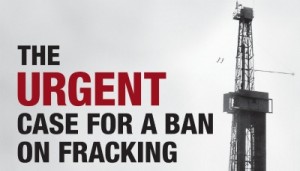Brussels – The Committee on the Environment of the European Parliament voted today on a report about the European Citizen’s Initiative (ECI) on the Human Right to Water and Sanitation, as a result of a campaign that gathered nearly two million signatures from across Europe. Members of the European Parliament confirmed their strong support for the human right to water.
“European citizens have time and again spoken out in favour of water as a human right and a common good. Whenever asked, they have massively supported public water management,” said David Sánchez, Campaigns Officer at Food & Water Europe. “MEPs in the Committee on Environment are asking the European Commission to act accordingly. We expect the Parliament’s Plenary vote in September to confirm this result and the Commission to finally listen to EU citizens.”
By approving all the compromise amendments, the Committee:
- Considers it regrettable that the European Commission’s answer to the ECI lacked any real ambition and calls on the Commission to come forward with legislative proposals to make the human right to water a reality.
- Considers that water is a public good, vital to human life and dignity, and should not be treated as a commodity.
- Rejects water cut-offs and the forced switching-off of the water supply as a violation of human rights.
- Expresses its concern about countries like Spain, Portugal, Greece or Ireland, where water services are still being privatized and calls the European Commission not to push for water privatization in the context of austerity measures.
- Notes the growing trend of remunicipalization of water services around Europe.
- Calls on the Commission to permanently exclude water, sanitation and wastewater disposal from internal market rules. – Considers it imperative that production, distribution and treatment of water and sanitation are excluded from any trade agreements, including TTIP and TISA.
- Highlights the importance of public-public partnerships as a non-profit model of cooperation among water operators.
- Demands that EU development policies should fully integrate universal access to water and sanitation based on not-for-profit principles and solidarity.
- Insists that water, sanitation and hygiene in developing countries should be given high priority and water should be also be a priority in the Sustainable Development Goals and the COP21.
Contact: David Sánchez, Campaigns officer, Food & Water Europe, +32 (0) 2893 1045 (land), +32 (0) 485 842 604 (mobile), dsanchez(at)fweurope.org F



